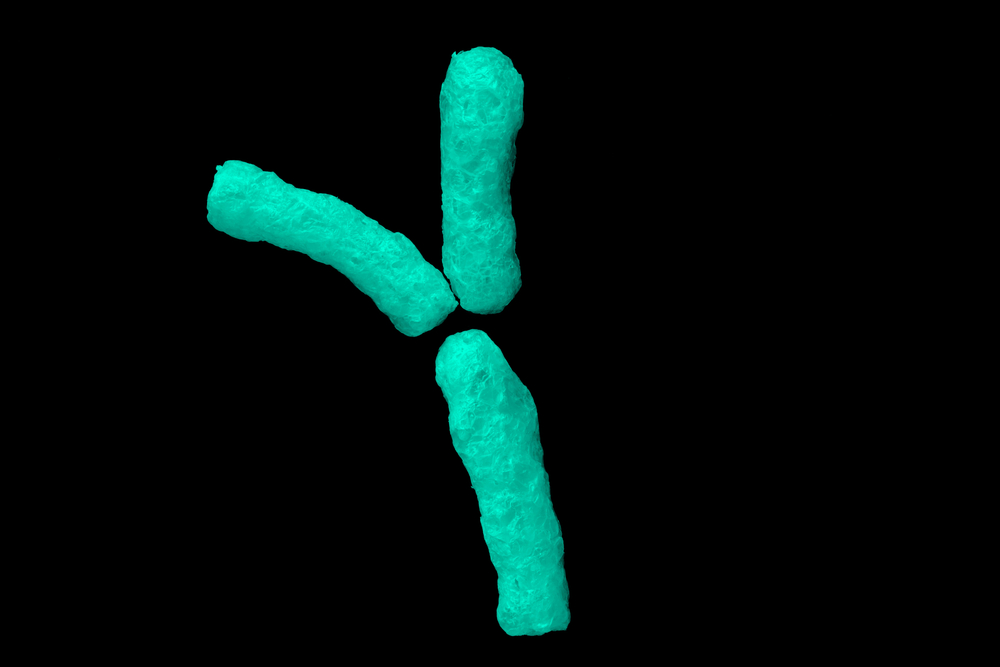 Researchers at the Johns Hopkins University School of Medicine identified a mutation in a specific gene that helps to repair damaged chromosome ends that could make smokers at a higher risk of emphysema.
Researchers at the Johns Hopkins University School of Medicine identified a mutation in a specific gene that helps to repair damaged chromosome ends that could make smokers at a higher risk of emphysema.
The study entitled “Telomerase mutations in smokers with severe emphysema”, was recently published in the Journal of Clinical Investigation.
Chronic obstructive pulmonary disease (COPD) is the third leading cause of death in the United States. In addition to cigarette smoking, age is a risk factor for the development of the condition, with recent studies suggesting that the clustering of emphysema in families can be explained by genetic factors.
DNA-protein structures called Telomeres protect chromosome ends. These structures get shorter with age and function as a “cellular clock” in the cells. Telomerase is the specialized polymerase that synthesizes new telomere repeats, with two components, TERT (telomerase reverse transcriptase) and TR, telomerase RNA that provides the template for telomere repeat addition. Mutations in TERT lead to extreme shortened telomeres, and have been observed in autosomal dominant pulmonary fibrosis.
In a previous study, Mary Armanios from the Department of Oncology and Medical Scientist Training Program, Johns Hopkins University School of Medicine in Baltimore, Maryland and colleagues, sought to understand the mechanisms by which telomere dysfunction causes pulmonary fibrosis by studying telomerase-null mice with short telomeres, and found that these atients developed emphysema after cigarette smoke exposure.
[adrotate group=”3″]
In this new study, the team of researchers aimed to test that mutations in telomerase may be a risk factor for emphysema in unselected populations. In a recent press release, Armanios said, “Not everyone who smokes gets emphysema, so our study is part of a bigger effort to find out why some people get it and others do not.”
Based on genetic data from COPD studies (funded by the National Institutes of Health), the researchers found TERT mutations in three of 292 smokers with emphysema. Then they examined 50 samples from patients with syndromes linked to telomere shortening and found that there were no causes of emphysema in 39 non-smokers. Conversely, 7 of 11 smokers (6 females) had empyshema, indicating that female smokers with telomerase-related mutations may be more prone to develop emphysema.
In the press release, Armanios said concerning the results “may now give us an explanation for why people with emphysema have these systemic problems. If we know that they have a telomerase mutation, it may help us take care of them in a more sophisticated way and delay the onset of those diseases.”
In this study, the team of researchers only examined mutations in two telomerase genes they will continue to investigation mutations telomere-regulating genes that may make people more prone to develop disease. “There are many genes that regulate the telomere, so it’s likely that more than 1 percent could be impacted by these predisposing factors,” said Armanios in the press release.

